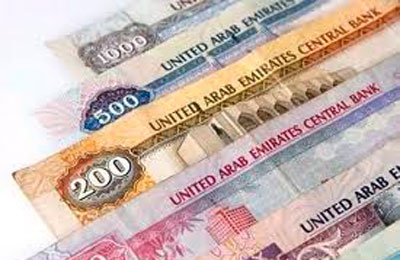
UAE tops non-financial sector issuance in GCC
Kuwait, August 12, 2014
The UAE topped the large increase in issuance by the GCC’s non-financial sector, which accounted for $8 billion, even the debt markets saw a rebound in growth in the second quarter of the year.
The exceptional non-financial sector activity carried GCC issuance to its highest in three years. Of the $22 billion in new issuance during Q2, $12 billion stemmed from the non-financial corporate sector.
There was healthy activity in both the private and public sectors, as the GCC sovereign rates remained relatively stable despite the heightened geopolitical risk in the region.
The growth in the total stock of bonds rebounded during the first half of the year, following a slowdown in the previous quarter, as outstanding bonds increased by 10.4 per cent year-on-year (YOY) to reach $265 billion.
The net increase in the stock of outstanding debt was $11 billion on the back of a healthy pick-up in private sector activity in both Saudi Arabia and the UAE.
Saudi Arabia’s stock of debt has experienced noticeable gains over the last year, expanding by 37 per cent YOY to almost $60 billion, while the UAE maintained the lead with the largest stock of debt, with outstanding issues rising by nine per cent YOY, which was consistent with its two-year average growth.
The public sector issues were also dominated by the UAE during the period, with the sovereign issuing $3 billion in new debt,
The Emirati department of finance raised $750 million on the back of declining risk premiums, while its sovereign wealth funds, enticed by recovering domestic and international economies, tapped debt markets for $1.75 billion.
Meanwhile, Qatari sovereign activity was limited to the regular issuance as it pursued the development of a domestic yield curve.
The financial sector issuance maintained a steady pace, up three per cent quarter-on-quarter.
The activity in this sector is expected to remain robust as regional banks continue to adjust to new Basel III capital standards and take advantage of current low rates.
The average maturity of outstanding debt in the GCC increased to six years due to the longer maturity of recent issues, as corporates in particular sought to lock in favourable rates.
The non-financial debt also saw an increase in average tenors, which rose to nine years. The average time to maturity of public debt was unchanged from the previous quarter at 5.1 years.
The GCC’s ability to shield itself from the regional instability was again on display in Q2, as market interest rates appeared largely unaffected by recent geopolitical developments. - TradeArabia News Service







